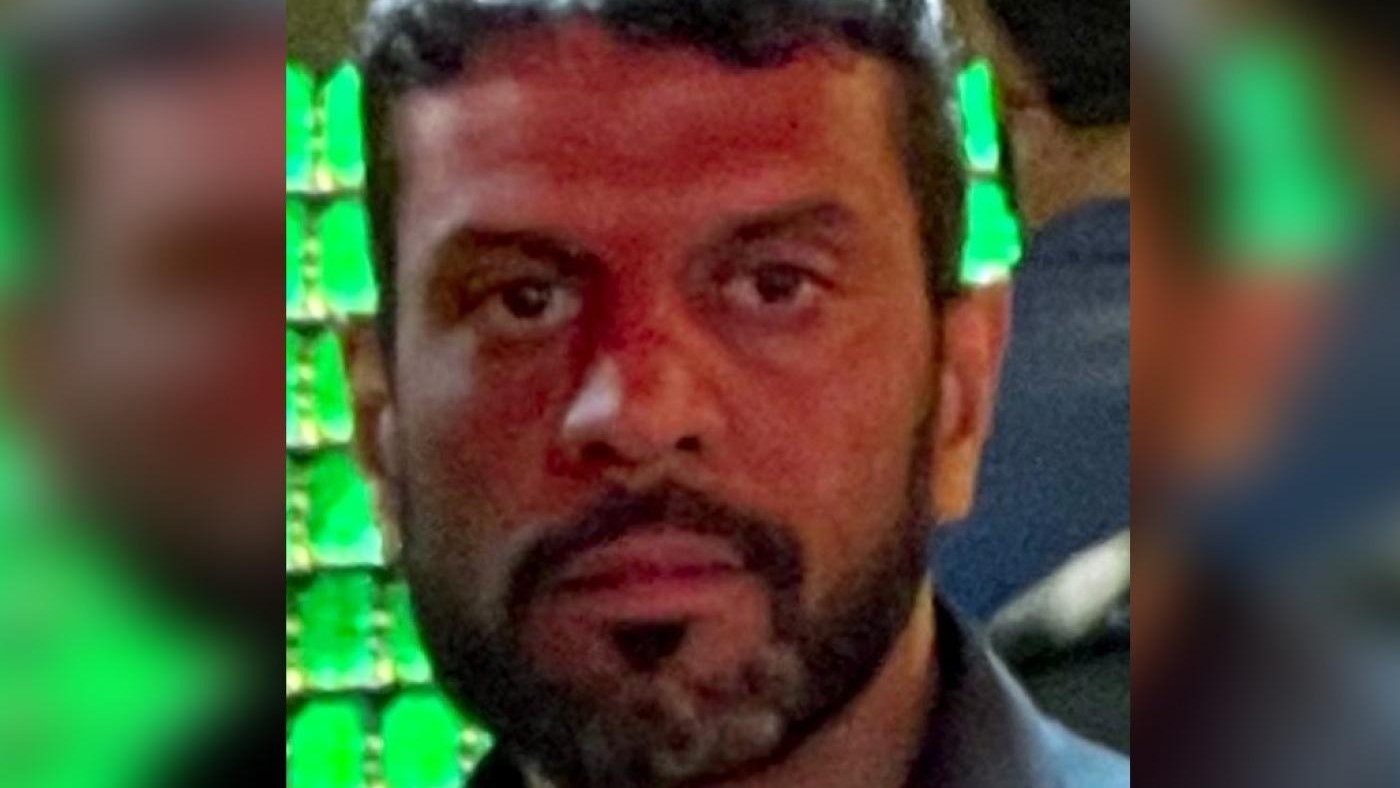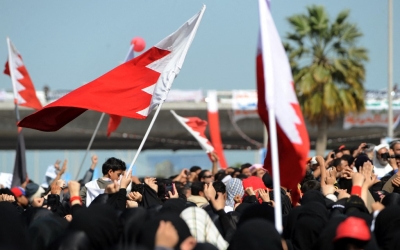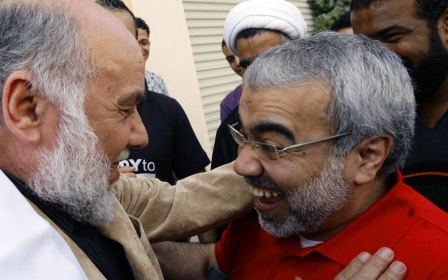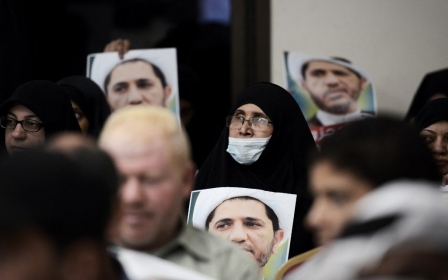Interpol urged to reform 'Red Notice' system after extradition of Bahraini dissident

Several human rights groups have called on the international policing agency Interpol to reform the way it handles "Red Notice" requests, after the recent extradition of Bahraini dissident Ahmed Jaafar Mohammed Ali from Serbia to Bahrain.
In a letter to Interpol General-Secretary Jurgen Stock on 14 February, Fair Trials, Human Rights Watch and the Bahrain Institute for Rights and Democracy (Bird) said they had serious concerns that Interpol was not conducting adequate due diligence on Red Notice requests from Bahrain, and accused Manama of misusing the system.
The Red Notice system allows a country to ask another state to arrest a wanted individual.
Ali was extradited by Serbia on 24 January, despite a ruling from the European Court of Human Rights that specifically forbid this until the court had heard more about whether he might be at risk of torture or ill-treatment in Bahrain.
Ali, who had previously been twice sentenced to life in prison in Bahrain in absentia, applied for asylum in Serbia in November 2021, arguing that he risked torture and potentially death in his homeland.
New MEE newsletter: Jerusalem Dispatch
Sign up to get the latest insights and analysis on Israel-Palestine, alongside Turkey Unpacked and other MEE newsletters
The rights groups noted that, at the time the Red Notice was issued for Ali in 2015, publicly available information indicated that he would be at risk of torture in Bahrain.
The concerns about Ali's case received additional weight after reports he had been mistreated and beaten since being returned to Bahrain.
Sayed Ahmed Alwadaei, advocacy director for Bird, said on Wednesday that Ali was beaten by a police officer in Jau Prison and had been "forcibly transferred" to a part of the prison usually reserved for drug offenders.
"He is now suffering from severe pain in his chest due to the beating. Another Yemeni policeman told him: 'We will make you bleed and we don’t care'," Alwadaei said in a statement.
An Interpol spokesperson told Forbes that the details of Red Notices issued by individual countries were not publicly available, but that it had set up a specialised task force in 2016 to check all requests to ensure they complied with its rules.
The spokesperson added: "On a regular basis, the task force reviews existing Red Notices to ensure they continue to comply with the conditions for their publication."
However, Bruno Min, legal director for Fair Trials, said the policing agency had been repeatedly warned that Bahrain was misuing the Red Notice system "to target dissidents and political opponents".
"The agency's failure to act on these warnings have consequences, and Ahmed's extradition could have been prevented, if Interpol had done a better job of preventing the misuse of its systems," Min said.
"We need more transparency from Interpol - otherwise we will never be sure what it is doing to avoid the same mistakes in the future."
Human rights in Bahrain
Since the 2011 Arab Spring uprisings, which saw pro-democracy demonstrators take to the streets of the Gulf nation, the Sunni monarchy in Bahrain has launched a comprehensive crackdown on opposition groups and human rights activists.
A report compiled earlier this year by Bird said at least 51 people had been sentenced to death since 2011, with leaders of the protest movement languishing in prison despite promises from the country's leadership to enact reforms.
Ali's situation is one of a number of cases involving Bahrain being accused of misuing Interpol's system.
Hakeem al-Araibi, a footballer, was arrested while on honeymoon in Thailand in November 2018, and in 2014, Ali Haroon was also arrested in Thailand and handed over to the Bahraini authorities.
Bahrain has also been accused of other human rights abuses, including spying on dissidents and political activists.
On Tuesday, a two-day hearing began in the High Court in London, where Bahraini dissidents Moosa Mohammed and Saeed Shehabi launched a legal case against Manama for allegedly placing FinFisher spyware on their phones in September 2011.
Middle East Eye reached out to the Bahraini embassy in Washington for comment but did not receive a response by time of publication.
Middle East Eye delivers independent and unrivalled coverage and analysis of the Middle East, North Africa and beyond. To learn more about republishing this content and the associated fees, please fill out this form. More about MEE can be found here.





